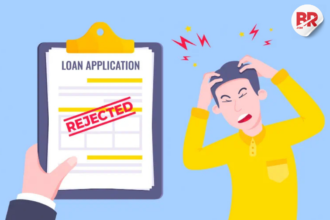
Saima Wazed is calling for change—and the numbers prove she’s right.
Speaking during the 8th UN Global Road Safety Week, the WHO South-East Asia Director made a powerful plea: walking and cycling should be safe options for everyone. With over 100,000 road deaths annually in India—many of them pedestrians and cyclists—her message hits home.
But what does this mean for the average Indian?
If you’ve ever tried crossing a street in Delhi or biking to work in Bangalore, you know the risks. Sidewalks are often broken or missing. Drivers ignore zebra crossings. And cyclists are left to fight for space between rickshaws, buses, and potholes.

Wazed’s message isn’t just about policy—it’s about people. Safer streets can save lives. But they also do more.
Here’s how safer walking and cycling help everyone:
- Cleaner air: Less car traffic means fewer emissions. In cities like Delhi, that’s not just helpful—it’s survival.
- Less traffic: More people on foot or bikes means fewer cars. Congestion eases, and your commute shrinks.
- More jobs: Walkable, vibrant neighborhoods attract business. Local shops thrive. Tourism grows.
- Fairer access: Not everyone owns a car. Safe roads mean low-income families can still reach work, school, and healthcare.
So how do we make streets safer? Saima Wazed outlines a plan.
It starts with infrastructure. Think wide footpaths, dedicated bike lanes, and regular pedestrian crossings. Add traffic calming—like speed bumps and roundabouts—to force slower, safer driving. And yes, enforcement matters. A helmet law only works if someone actually checks.
But it doesn’t stop with cement and signs. We need education. Drivers must respect cyclists. Pedestrians need their rights protected. And planners must listen to the communities using the roads.
Want to see what this looks like?
Take a cue from cities like Copenhagen or Amsterdam, where cycling is as natural as walking. Even closer to home, Kerala’s model of walkable urban spaces shows what’s possible when government, planners, and citizens work together.
Here’s the irony:
India is a country of walkers. Yet we’ve built our cities for cars. That’s not just backward—it’s deadly.
Saima Wazed’s appeal is a wake-up call.
For policymakers, planners, and all of us who use the roads. Creating people-first cities is no longer optional. It’s urgent.
Because at the end of the day, a safe street is not about sidewalks or signs.
It’s about dignity.
And everyone deserves to get home in one piece.
Also Read This Ancient Herb Is Taking Over Social Media—Is Ashwagandha Really the Secret to Better Health?












